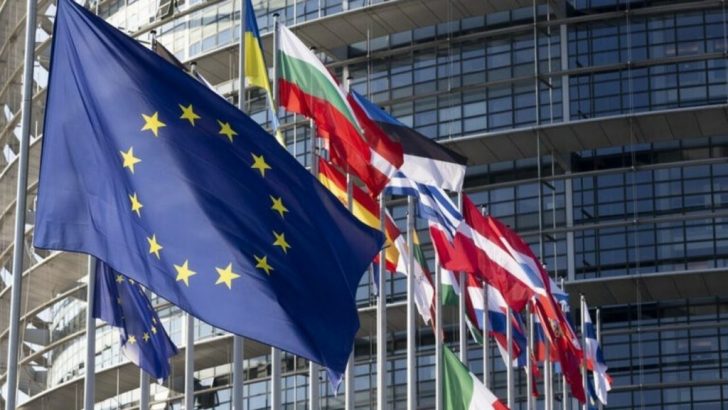Why the EU Plans to Channel Savings of Citizens Into Strategic Investments
The EU is sitting on a goldmine of about $10.9 trillion in bank deposits. But most of that money just sits there. It earns next to nothing, and it doesn’t help Europe grow. The European Commission has a new plan to change that, and it is called the Savings and Investments Union (SIU).
The idea is simple: Take idle savings and make them work. That means channeling the cash sitting in EU citizens’ accounts into real investments – like clean energy, tech, housing, and infrastructure. The EU wants to stay in the game against heavyweights like the US and China. To do that, it needs capital.
The EU Is Rich in Savings But Poor in Investment
Every year, households in the EU stash away around $1.5 trillion—nearly double what Americans save. But instead of using that capital at home, over $327 billion of it flows into markets outside the EU. This is a missed opportunity. That money could fuel startups, build factories, and create jobs right inside the bloc.

The News / EU citizens are not getting much out of their savings anyway. Low interest rates, complex investment tools, and limited options mean most people see little return.
The Commission says it is time to flip the script. They want to create an EU market where investing is simple, smart, and rewarding—not just for banks and big players but for everyone.
The SIU Is a New Game Plan for the EU Economy
The Savings and Investments Union is the EU’s answer to years of sluggish financial reform. It is not just a rebrand of old plans like the Capital Markets Union. It is bigger. The goal is to make investing in Europe the obvious choice for citizens, banks, and companies alike.
That means fixing the way capital moves inside the EU. The Commission wants to cut red tape, lower costs, and break down national barriers. Right now, rules vary too much across borders, holding businesses back and making it hard for investors to scale up. The SIU is about unlocking the full potential of the EU’s single market.
Draghi Warns to Step Up
Former European Central Bank boss Mario Draghi didn’t sugarcoat it. In 2023, he warned that the EU will need $820 to $872 billion in fresh investment every year by 2030 to stay globally competitive. That is a tall order. Without it, the bloc risks falling behind on everything from climate goals to tech innovation.

GTN / Former European Central Bank boss Mario Draghi says that the EU is at a tipping point.
Without more capital flowing into smart sectors, Europe may have to sacrifice its welfare systems, its climate targets, or even its freedom.
Why Private Capital Is Key
Public funding won’t be enough to close the investment gap, so the EU is focusing on private capital. Right now, most private investors face too many hurdles: strict rules, high costs, and confusing systems. The SIU aims to change that by revising outdated regulations and making investing easier and safer.
That includes a fresh look at EU rules on securitization. By adjusting requirements on transparency and risk for banks and insurers, the EU hopes to unlock billions in private funding. This will not just support big projects but it could also give small businesses a real chance to grow.